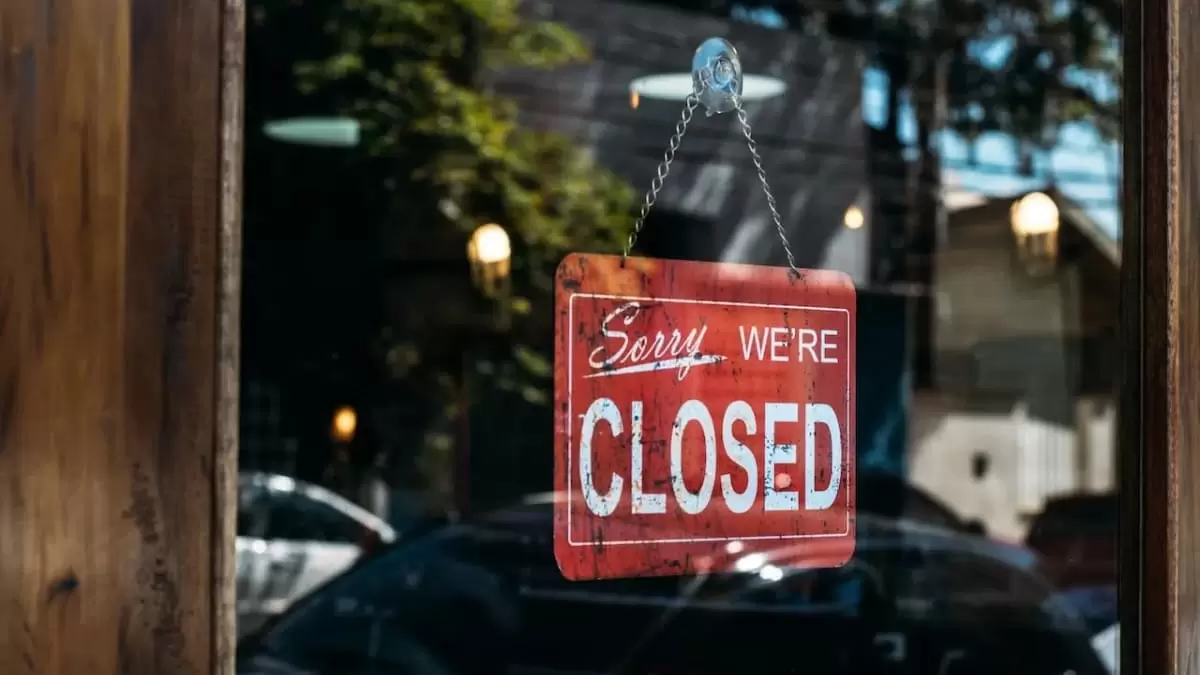New Delhi: India’s startup scene, which was growing quickly with lots of new ideas, is going through a rough patch. Over 5,000 startups registered under the Startup India program have shut down. That’s around 3.3% of the 1.52 lakh startups recognized by the government. This was shared by Jitin Prasada, a minister in the Commerce Ministry, during a Lok Sabha session on December 10, 2024.
Where Are the Closures Taking Place?
Maharashtra is leading the way in the number of closures, with 929 shut downs. Other states facing significant closure also include:
•Karnataka: 644 closures
•Delhi: 593 closures
•Uttar Pradesh: 487 closures
•Telangana: 301 closures
In contrast, the smaller states of Arunachal Pradesh and Sikkim reported just one closure each, showing how concentrated the startup activity is in larger, urbanized regions. This also reflects the differing challenges startups face in different parts of the country, like access to markets, funding, and infrastructure.
Job Creation Despite Setbacks:
Even with these challenges, startups have created a huge impact in the creation of jobs in India. As of October 31, 2024, more than 55 industries have created over 16.67 lakh direct jobs.
IT services were at the top, creating almost 2.04 lakh jobs.
Healthcare and life sciences came next with 1.47 lakh jobs.
Other sectors such as education, food and beverages, and construction have also significantly contributed to employment.
Some niches such as passenger experience and dating services added less, giving the insight of varied growth.
Why Do Startups Shut Down?
With such a huge number, there must be a reccurring issue within the startup fraternity:
• Funding Issues: Most startups can’t obtain enough funding; usually during the earlier stages
• Scaling Problem: With wonderful ideas, startups also face difficulties while trying to grow due to various market and operational challenges.
•Overcrowded Industries: There are some overcrowded sectors where there is intense competition and many exit.
•Regulations: Navigating very complex regulations slows or even stalls growth.
These factors depict that while setting up a business may be exciting, running it is an altogether different story.
MSMEs in the Same Boat:
It is not just startups that are in a tight spot. MSMEs are also struggling. Since the Udyam registration portal was started in July 2020, more than 61,000 MSMEs have closed their shops while 12,000 did so in just four months between July and November 2024. Most of these MSMEs had micro-units, which is a signal that more fragile units in the category are closing down.
What Do Startups Look Forward to?
While the Startup India initiative has done a lot to encourage innovation and entrepreneurship, there is definitely room for improvement. Some ideas include:
•Setting up regional innovation hubs to help entrepreneurs in less developed areas.
•Making it easier for startups to get loans and funding, especially in the early stages.
•Offering targeted mentorship programs for startups in struggling sectors.
By focusing on what’s working, like IT and healthcare, India can guide new startups toward more sustainable growth and success.





